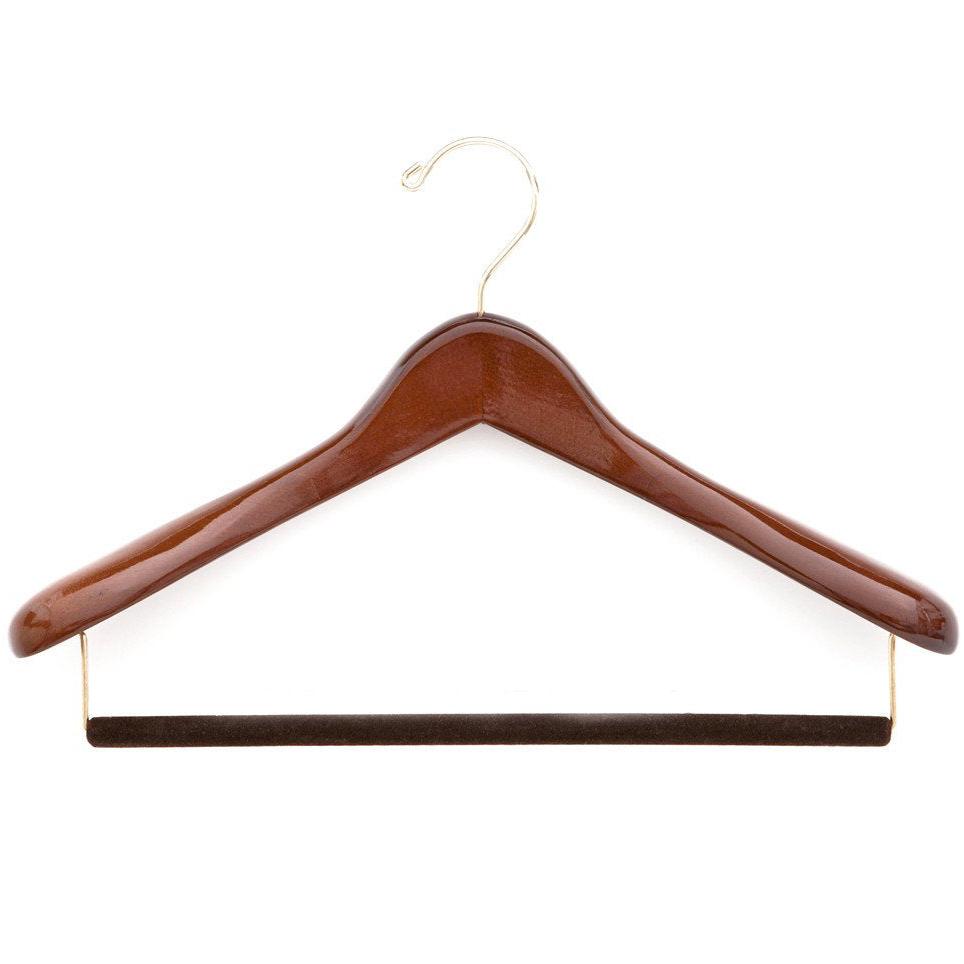vkn1
Active Member
- Joined
- Feb 27, 2017
- Messages
- 28
- Reaction score
- 0
I have a question for those of you who get clothes perfectly tailored: How do you deal with the fact that bodies change shape with diet and exercise? Do you generally have the tailor try to give you some room for variation, or do you try to get your garments made at a time when your body is in the middle of its range of variation, or what?
I ask because I have never had an item made for me, but am currently considering doing so. The thing is that if I exercise very regularly then I can put on a decent amount of muscle and have the proportions of my body change, at least to some extent. However, also fairly often I get too busy and need to stay out of the gym for a few months. I wonder if I should try to work out hard consistently for say 3 months and then go get my shirts made, in which case the shoulders and chest might end up being larger than ideal for times when I have been out of the gym for a couple months. Or rather, should I get them made when I am in a more "natural" (untrained) state and just tell the tailor to incorporate a little extra room so that I might put on a few pounds of muscle?
I would say that, depending on the state of my exercise, the muscle on my body varies by about +/-5 lbs. So at a height of 6 feet, my weight varies from 155-165 lbs.
How do tailors usually deal with this kind of variation? Is it not a problem in that the primary determinants are dimensions that relate to bone length rather than muscle size? Or rather is the kind of size variation I am talking about a major consideration for them? Any advice you could provide in this general area would be greatly appreciated.
I ask because I have never had an item made for me, but am currently considering doing so. The thing is that if I exercise very regularly then I can put on a decent amount of muscle and have the proportions of my body change, at least to some extent. However, also fairly often I get too busy and need to stay out of the gym for a few months. I wonder if I should try to work out hard consistently for say 3 months and then go get my shirts made, in which case the shoulders and chest might end up being larger than ideal for times when I have been out of the gym for a couple months. Or rather, should I get them made when I am in a more "natural" (untrained) state and just tell the tailor to incorporate a little extra room so that I might put on a few pounds of muscle?
I would say that, depending on the state of my exercise, the muscle on my body varies by about +/-5 lbs. So at a height of 6 feet, my weight varies from 155-165 lbs.
How do tailors usually deal with this kind of variation? Is it not a problem in that the primary determinants are dimensions that relate to bone length rather than muscle size? Or rather is the kind of size variation I am talking about a major consideration for them? Any advice you could provide in this general area would be greatly appreciated.

